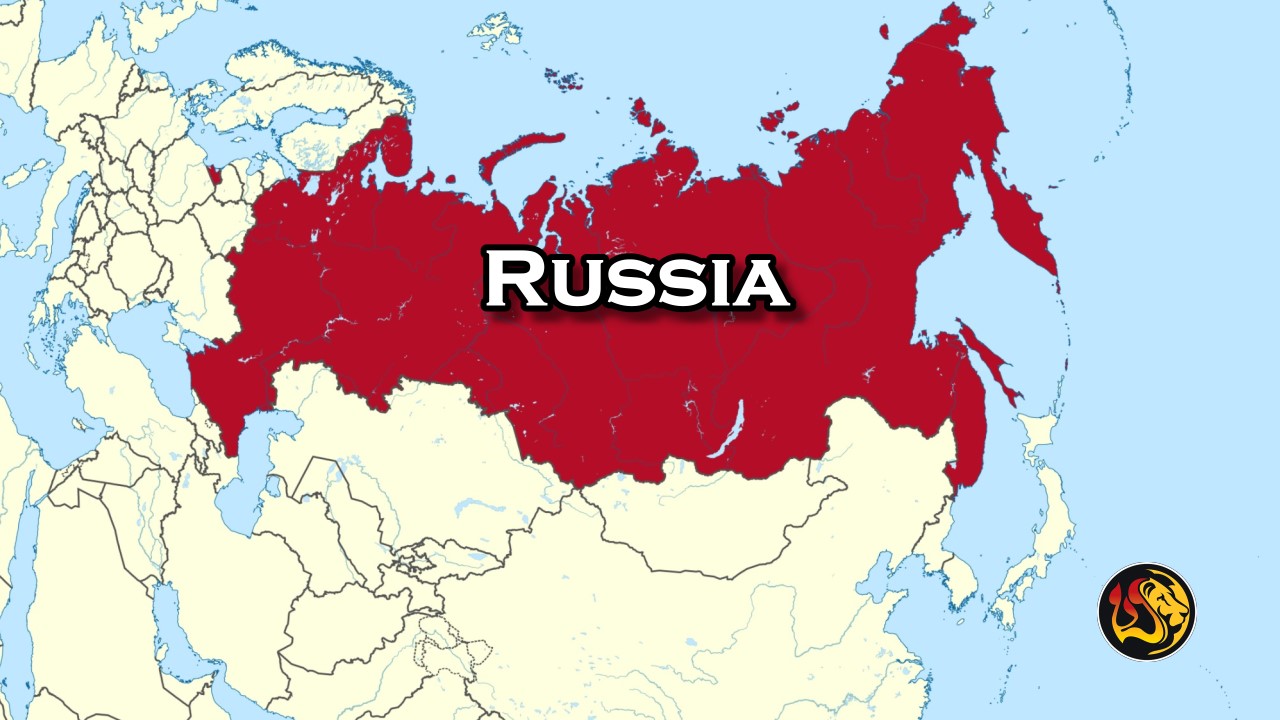By Stefan J. Bos, Chief International Correspondent
MOSCOW/BUDAPEST (Worthy News) - Evangelical Christians in Russia were forced to pay a "tax on faithfulness" in 2022, which will likely increase this year as part of a government crackdown on non-Orthodox faiths, rights investigators tell Worthy News.
Throughout Russia, basic Christian activities were reportedly investigated and fined when Moscow needed additional funds to finance its war in neighboring Ukraine.
VOMK suggested the fines for alleged crimes are really taxes. Believers paid fines, appealed their decisions, and in most cases lost their appeals," said Hyun Sook Foley, who represents the advocacy group Voice of the Martyrs Korea (VOMK).
The group, which investigated the crackdown, said in a new report that Stefan Valery was convicted on November 8 on charges related to “missionary activities" he conducted.
Russian authorities reportedly objected to him distributing a Christian newspaper titled ‘Do You Believe?’ although a registered media company legally printed the publication.
The activities he was convicted of include “holding worship services, organizing concerts, and speaking with people who were not members of his church,” VOMK noted.
CHRISTIANS CHARGED
Similar charges were directed at evangelical Christians also, Vladimir Popov in Armavir and Vladimir Kharchenko in Sochi. They were already prosecuted for missionary activities in 2021, Christians said.
Last year in February, Stepan Prokopovich was questioned about the activities of his church in Ulyanovsk, including its relations with those belonging to other faith groups.
Ultimately, the court effectively banned his church, trial observers said.
In each case, Christians faced fines of 5,000 rubles (about $70), a significant amount for many Russians, and were ordered to cease all church activities, Christians said.
It came as another setback for evangelical Christians in Russia. Religious freedom was restricted in the former Russia-led Soviet Union but initially improved after its collapse in the earlier 1990s.
But in recent years, Russian President Vladimir Putin got the authority to crack down on non-government-aligned churches, according to church observers familiar with the situation.
ORTHODOX INFLUENCE
Putin, a close ally of the Kremlin-backed Russian Orthodox Church, signed anti-legislation in recent years limiting “religious proselytizing” and imposing fines for doing so.
An anti-terrorism law, for instance, bans religious gatherings in non-registered areas, which could reportedly include private homes
In practice, the law targets especially evangelical Christians and churches as well as other devoted non-Orthodox churches, suggested VOMK and church leaders.
Last month, President Putin praised the Russian Orthodox Church for supporting Moscow's forces fighting in neighboring Ukraine, where Russia’s invasion continues.
Orthodox priests have been seen blessing the troops sent to the frontlines.

